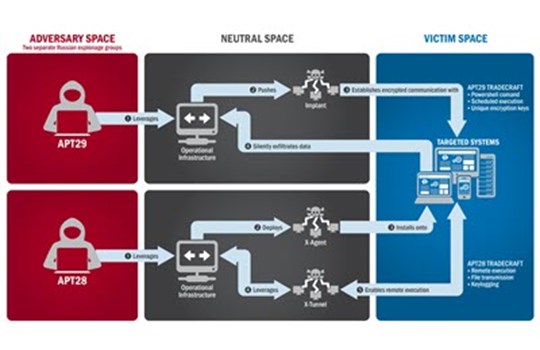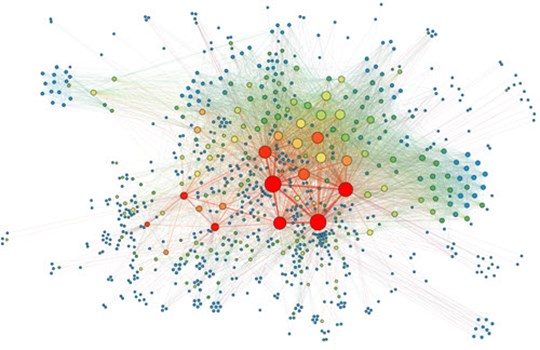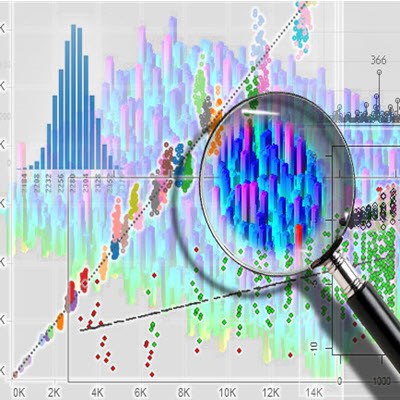
Catching criminals
Sharmila Muruganandam works as a data scientist with the Australian Taxation Office and says she uses mathematics every day. ‘From creating a simple algorithm that uses matrix multiplication to analyse a number of fraudulent cases; to analysing, reading and categorising a wall of text found in a faded invoice using complex deep learning methods, I use mathematics in all the projects I do.’
Tax fraudsters aren’t the only kinds of criminals who leave a data trail. All kinds of policing agencies, including the Federal Police and Australian Security Intelligence Organisation (ASIO), use data analysis to catch criminals and build better cases against them in a court of law.
Banks also use data analysis to protect customers from fraudsters, identify suspicious transactions, and intercept financial crime.
Marketing and social media
Maybe you’re more into using your data skills to understand and influence people in a marketing capacity. These days almost all marketing and social media jobs depend heavily on data analysis. Zarina Yusuf holds a degree in marketing and communications and says she uses a lot of maths in her job. ‘I am exposed to lots of data and I need to be able to understand and interpret it,’ she explains.
People working in marketing and communications jobs use all kinds of data to help inform their work. One example might be ‘click-through’ data, showing how often people followed a link from a social media post through to a website to buy something or read an article. This kind of content analysis can help communicators work out the most effective way to get someone to do the thing they want.
Data is also a powerful tool for storytellers like journalists. They use data every day to explain what is happening in the world – everything from changes in the environment, to financial markets, politics and even traffic and weather reports.

